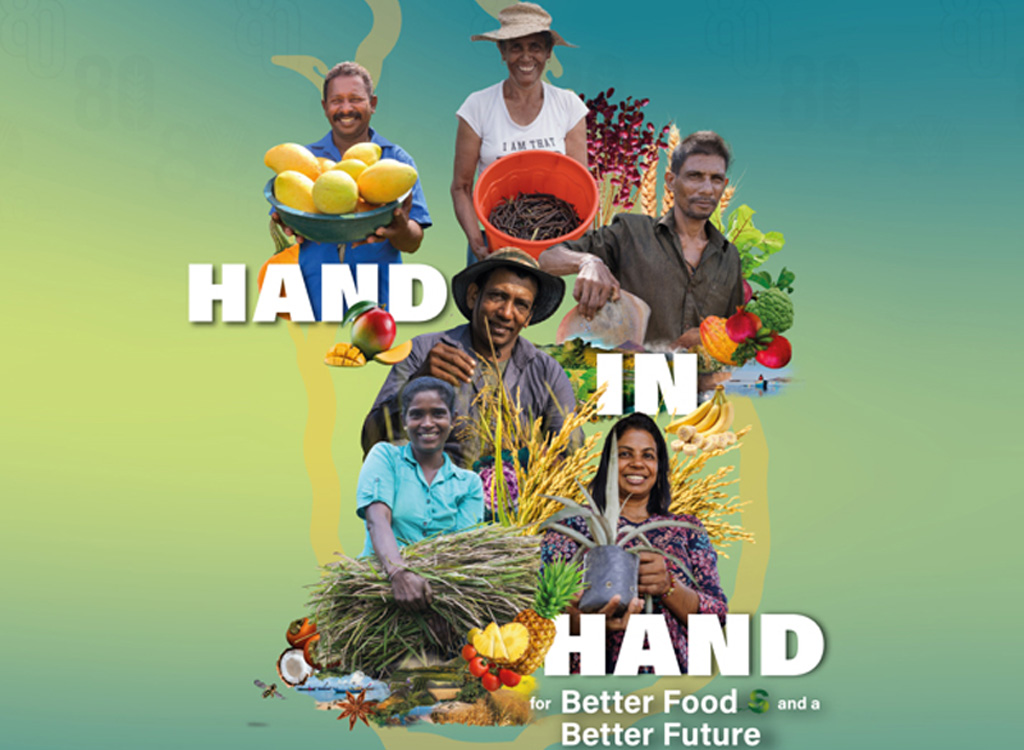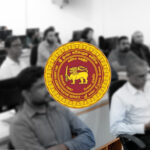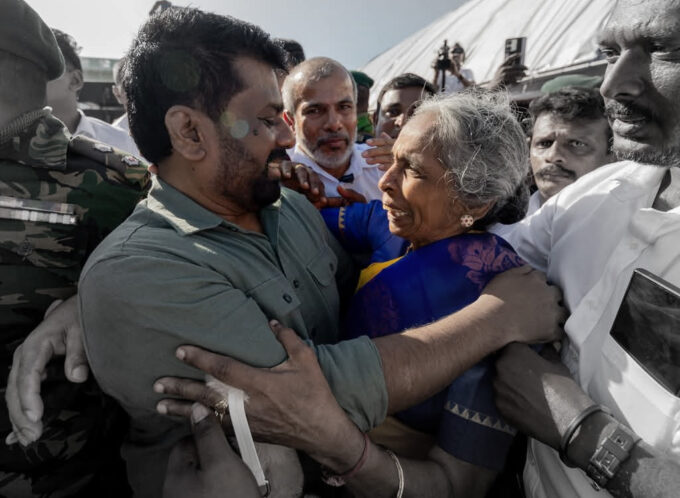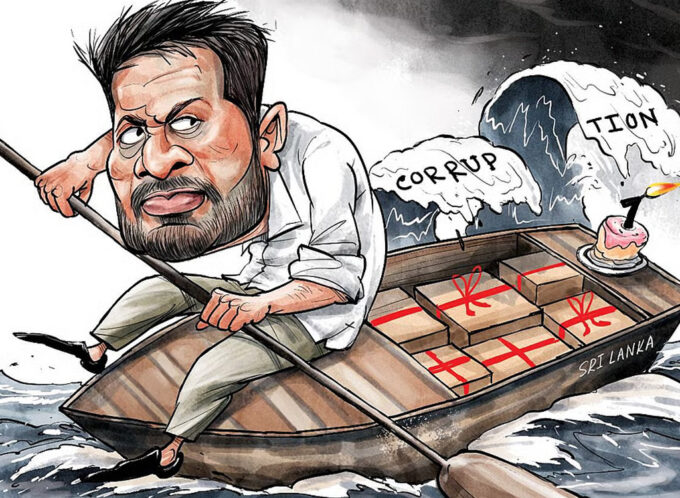By Vimlendra Sharan, Sherina Tabassum and Philip Ward
As Sri Lanka joins the global community in marking World Food Day 2025 under the theme “Hand in Hand for Better Foods and a Better Future,” the message is clear: achieving food security and nutrition for all requires collaboration that transcends institutional boundaries, sectors, and generations. In a world of increasing shocks and stresses, no single actor can shoulder this responsibility alone.
Sri Lanka stands at a critical juncture. Despite commendable progress in reducing hunger and malnutrition, the combined impacts of economic volatility, climate variability, and market disruptions continue to challenge households and communities Food security and nutrition for all still remains unfulfilled while rural communities – particularly smallholder farmers – face barriers in accessing markets, finance, and climate-smart technologies, globally and in Sri Lanka. Delivering on the Sustainable Development Goals (SDGs) in this context is not just about meeting global commitments; it is about securing livelihoods, dignity, and stability within the country.
Rome Based UN Agencies
The United Nations’ Rome-based agencies – FAO, IFAD, and WFP, – each bring distinct strengths to this effort. FAO provides policy and technical expertise to modernize and diversify agriculture. IFAD invests in rural transformation, empowering smallholder farmers by strengthening inclusive value chains and enhancing access to finance. WFP addresses immediate food and nutrition needs while strengthening school meals, emergency preparedness, and social safety nets to build resilient food systems. However, the real impact comes when these efforts converge – aligned with national priorities and reinforced through partnerships with government institutions, private sector innovation, civil society engagement, and community participation.
Promising Pathways
In Sri Lanka, promising pathways are already visible. The adoption of modern technologies such as digital platforms for market access, remote sensing for climate-smart planning, and data-driven advisory services for farmers are beginning to reshape agriculture. Revitalisation of the tank-based irrigation systems and the sustainable use of water resources are helping enhance the production and productivity of small holder farmers. Youth-led agritech solutions are linking producers directly to consumers, while digital financial services are expanding opportunities for smallholder farmers. Fortified rice in school meals is transforming the way the nutrient needs of young school-going children are met. Women’s producer groups are playing a pivotal role in ensuring household nutrition, diversifying incomes, and advancing gender equality. Smallholder farmers are being connected to the banks for agri financing and the private sector through a public-private-producer partnerships model. These examples demonstrate that innovation, digitisation, and inclusivity – when anchored in strong partnerships – can unlock transformation at scale.Challenges Ahead
Yet, the challenges ahead demand more. Climate change is altering rainfall patterns, increasing the frequency of floods and droughts, and reducing productivity. Urbanization is accelerating demand for safe, affordable food, while limited infrastructure in rural areas constrains equitable access to markets. These are systemic challenges that cannot be solved by one sector or one generation. They require a collective vision: policies that incentivize innovation, partnerships that embrace digital solutions, and investments that prioritize both women and youth as central agents of change.
The World Food Day
This year, on World Food Day, as FAO commemorates its 80th anniversary, we are reminded of the enduring value of multilateralism and solidarity. The call is to renew our commitment to working hand in hand – not only across the UN system, but with all partners, across sectors and across generations. Partnerships must extend from ministries to municipalities, from research labs to farmlands, from classrooms to boardrooms, ensuring that innovation and opportunity reach every Sri Lankan.
The Road Ahead
To accelerate on Sri Lanka’s path toward food security and the SDGs, four priorities stand out:
1. Accelerate digital and technological transformation in agriculture, ensuring that smallholders, especially women and youth, benefit from innovations in climate information, financial services, and market linkages.
2. Invest in gender-responsive and youth-focused programmes that recognize women and young people not only as beneficiaries but as leaders and innovators in building resilient agrifood systems.
3. Strengthen climate adaptation and resilience by modernizing tank-based ecosystems, promoting climate-smart practices, and safeguarding biodiversity and natural resources.
4. Build a unified national platform for partnerships, data, and accountability, enabling government, private sector, academia, civil society, and communities to jointly monitor progress, share innovations, and drive results.
5. Ensure nutrition-sensitive safety net programmes reach vulnerable communities, particularly women and children, to secure access to nutritious food, support healthy growth, and promote long-term food security.
Together, hand in hand, Sri Lanka can secure better foods and a better future – today, and for generations to come.
*Vimlendra Sharan is the FAO Representative for Sri Lanka and the Maldives.
*Sherina Tabassum is the IFAD Country Director for Sri Lanka and the Maldives.
*Philip Ward is the Representative and Country Director for the World Food Programme in Sri Lanka.











Leave a comment